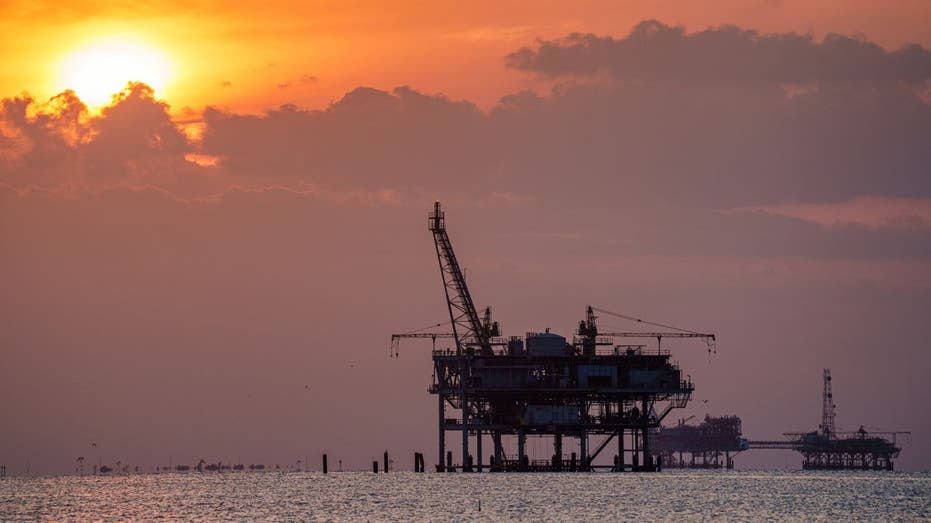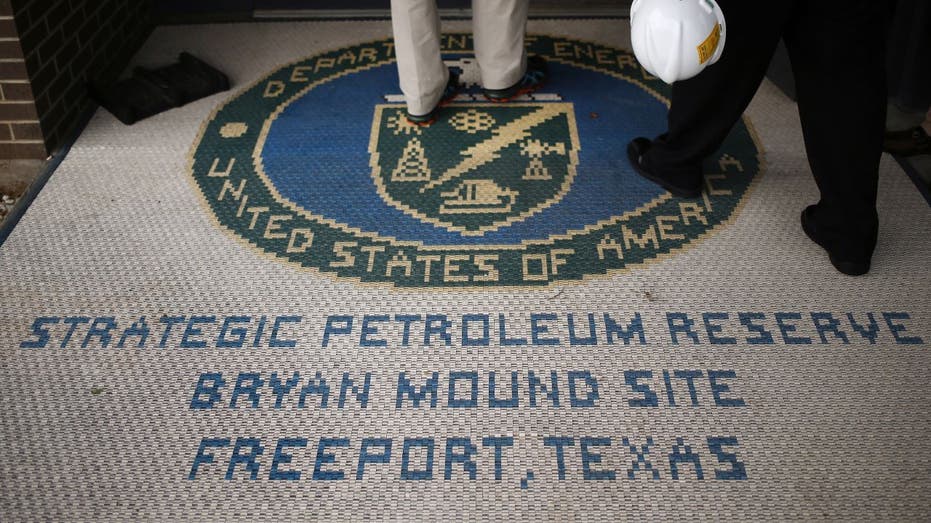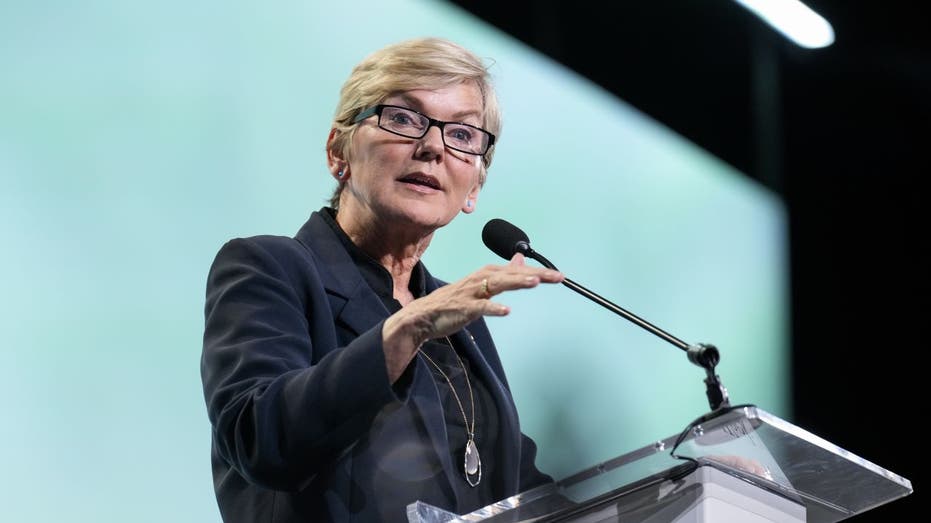Oil may rise to $86 per barrel due to 'solid summer demand': Goldman Sachs
Goldman's analysis kept the price range for Brent crude oil in the $75 to $90 per barrel range
Consumers are taking a big hit from Bidens war on oil and gas: Stephen Moore
Committee to Unleash Prosperity co-founder Stephen Moore weighs in on how Bidens energy policies impact the consumer and national security.
Oil prices are expected to rise to about $86 per barrel due to "solid summer demand" as the driving season heats up, according to a report by Goldman Sachs analysts.
The forecast sees Brent crude oil prices rising to $86 a barrel in the third quarter of this year, which would represent an increase of about 7.5% from its price level as of Wednesday, when it topped $80 a barrel in afternoon trading.
Goldman's analysis kept the firms' price range forecast for Brent in the $75 to $90 per barrel range.
"We expect that healthy consumers and solid summer demand for transportation and cooling will push the market in a sizable Q3 deficit," wrote Daan Struyven, managing director and head of oil research at Goldman Sachs.
ECONOMIST WARNS BIDEN'S ENERGY POLICIES ARE EMPOWERING OUR ENEMIES: 'MAKES NO SENSE'

Oil prices are projected to rise according to a new forecast by Goldman Sachs analysts. (J. David Ake/Getty Images / Getty Images)
Oil prices are currently down from their 2024 highs after they briefly hit $91 a barrel in early April. Brent prices dipped from there but largely remained above $80 in May before falling into the upper $70 range during the first week of June.
| Ticker | Security | Last | Change | Change % |
|---|---|---|---|---|
| GS | THE GOLDMAN SACHS GROUP INC. | 928.44 | +39.44 | +4.44% |
The fluctuations in oil prices come after the Organization of the Petroleum Exporting Countries (OPEC) and the broader OPEC+ coalition of nations announced that they would keep overall cuts to oil production in place through 2025 — while an additional round of voluntary cuts amounting to 2.2 million barrels per day will be unwound starting in October.
"We still see $75/bbl as a floor under Brent. For one thing, physical demand for oil, including from China and the U.S. SPR [Strategic Petroleum Reserve], tends to rise when prices fall," the analysts wrote.
ENERGY BILLS EXPECTED TO RISE AS SUMMER TEMPS CLIMB

The Biden administration drew down the Strategic Petroleum Reserve by 180 million barrels to its lowest level since 1983. ( Luke Sharrett/Bloomberg via Getty Images / Getty Images)
The Energy Department is in the process of refilling the SPR, which the Biden administration drew down by 180 million barrels in 2022 to its lowest level since 1983 in an effort to lower gasoline prices for consumers dealing with inflation and to stabilize energy markets roiled by Russia's invasion of Ukraine.
High oil prices last year delayed the Biden administration's plan to purchase oil to refill the reserves when prices were relatively lower, but with prices having eased those plans have begun to move forward.
SENATE DEMOCRATS ACCUSE OIL COMPANIES OF COLLUSION WITH OPEC, DEMAND DOJ INVESTIGATION

Secretary of Energy Jennifer Granholm said the Biden administration may accelerate its plans to refill the Strategic Petroleum Reserve in the second half of this year. (Yi-Chin Lee/Houston Chronicle via Getty Images / Getty Images)
Last week, the Energy Department announced that it issued two new solicitations for a total of 6 million barrels of oil to be delivered at the SPR's Bayou Choctaw facility between September and December. The agency said it's aiming to acquire the oil at a price of $79 a barrel or less.
It also offered an update on its repurchase efforts, writing, "To date, DOE has purchased a total of 38.6 million barrels of oil for delivery to the Big Hill SPR site for an average price of $77 per barrel, as well as accelerated nearly 4 million barrels of exchange returns, pursuant to its strategy to refill the SPR."
GET FOX BUSINESS ON THE GO BY CLICKING HERE
Several of the SPR sites, which are located in underground salt caverns at four locations in Texas and Louisiana, have been undergoing scheduled maintenance to extend the life of the facilities.
"All four sites will be back up by the end of the year, so one could imagine that pace would pick up, depending on the market," Energy Secretary Jennifer Granholm told Reuters in an interview.
Reuters contributed to this report.




















